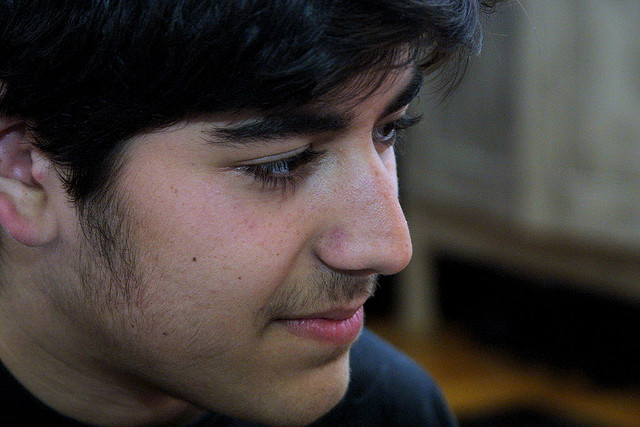 NEWS
NEWS
 NEWS
NEWS
 NEWS
NEWS
![]() After a long wait, the Massachusetts Institute of Technology (MIT) has agreed to release the documents related to the trial of Aaron Swartz, who killed himself in January. The renowned Internet activist was accused of illegally downloading academic documents using MIT networks, following which he killed himself. Later, Swartz’s lawyers filed a motion in a US federal court last week, requesting the documents’ release. The said documents will be released at the same time as the findings of an internal inquiry into the university’s role in the prosecution led by computer science professor Hal Abelson, a founding director of Creative Commons.
After a long wait, the Massachusetts Institute of Technology (MIT) has agreed to release the documents related to the trial of Aaron Swartz, who killed himself in January. The renowned Internet activist was accused of illegally downloading academic documents using MIT networks, following which he killed himself. Later, Swartz’s lawyers filed a motion in a US federal court last week, requesting the documents’ release. The said documents will be released at the same time as the findings of an internal inquiry into the university’s role in the prosecution led by computer science professor Hal Abelson, a founding director of Creative Commons.
“In the time since Aaron Swartz’s suicide, we have seen a pattern of harassment and personal threats. In this volatile atmosphere, I have the responsibility to protect the privacy and safety of those members of our community who have become involved in this matter in the course of doing their jobs for MIT, and to ensure a safe environment for all of us who call MIT home,” wrote MIT president L Rafael Reif in an email.
According to MIT, Swartz downloaded over 70GB of data from JSTOR, a subscription service for academic journals, which could have lead faced up to 35 years in prison and a fine of more than $1m in case of conviction.
Aaron Swartz was a young star in the tech community who was known for doing the right things for good not money. He was facing 13 felony charges which include wire fraud, computer fraud, acquiring info on a protected computer and criminal forfeiture. Four of the charges were filed in 2011 after it was uncovered that Swartz hacked MIT to access its nonprofit online service for distributing scholarly articles, JSTOR.
Swartz’s actions were never meant to make him or his family rich. He was considered a modern day Robin Hood, as he wanted to make the JSTOR academic articles accessible to everyone. He was going to distribute the academic articles via file sharing sites, not sell them. MIT was greatly affected by news that they were being blamed for Swartz’s suicide, so much so that it led to the appointment of Hal Abelson. Now when MIT has agreed to share the trial documents, let’s see how the case shapes up.
Support our mission to keep content open and free by engaging with theCUBE community. Join theCUBE’s Alumni Trust Network, where technology leaders connect, share intelligence and create opportunities.
Founded by tech visionaries John Furrier and Dave Vellante, SiliconANGLE Media has built a dynamic ecosystem of industry-leading digital media brands that reach 15+ million elite tech professionals. Our new proprietary theCUBE AI Video Cloud is breaking ground in audience interaction, leveraging theCUBEai.com neural network to help technology companies make data-driven decisions and stay at the forefront of industry conversations.